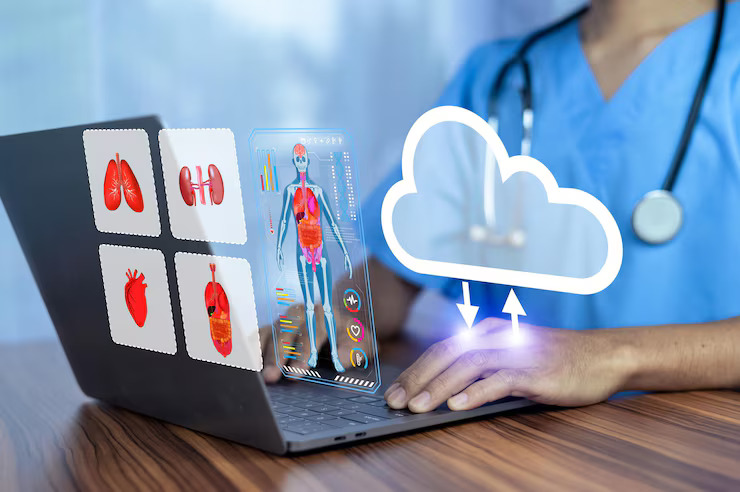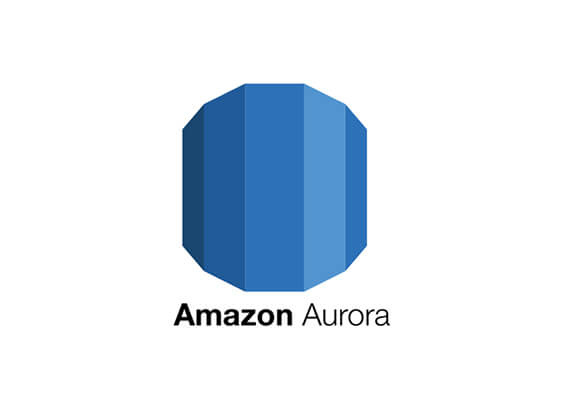Cloud Computing and AI for Remote Healthcare: Delivering Intelligent Care at Scale

Strong 8k brings an ultra-HD IPTV experience to your living room and your pocket.
Picture a world where quality healthcare reaches every place- small villages, big cities, or even your home. This vision is becoming a reality with Cloud Computing and AI for Remote Healthcare. Together, these technologies make care quicker, smarter, and easier to get, no matter where you are.
But do we really need them to work together?
The reason is that healthcare systems are under a lot of pressure. Hospitals face high patient demand, and the number of medical professionals varies widely. Urban areas often have many doctors per person, while rural or underserved regions have few. This uneven doctor-population ratio leaves millions without proper care.
Traditional healthcare systems struggle to address this gap. That’s where Cloud computing and AI solutions enter, by connecting patients and providers, analyzing data, and automating tasks to improve access and care quality.
What is Cloud Computing
Cloud computing refers to accessing services like data storage, software, and databases over the internet rather than relying on local systems. In healthcare, this transformation allows hospitals and clinics to move away from traditional, on-premise technologies to flexible, cloud-based platforms. Thus, cloud computing in healthcare can revolutionize remote healthcare.
How Cloud Powers Remote Healthcare?
- Scalable Data Storage and Management: The cloud securely holds massive amounts of data from X-rays to fitness tracker stats without needing bulky on-site servers.
- Access Anytime, Anywhere: Doctors can access patient records, review lab results, or join video calls from almost anywhere- perfect for emergencies or rural areas.
- Easy Teamwork: Cloud systems link hospitals, specialists, and labs, so everyone stays on the same page, no matter how far apart they are. Doctors and staff can provide faster, more efficient care, even when working remotely, ensuring seamless operations across various locations.
AI in Intelligence to Remote Care
Artificial Intelligence (AI) refers to creating systems that replicate human thinking and learning. In healthcare, AI supports doctors in significant ways, like identifying health issues early, giving treatment advice that fits each patient, and checking on patients remotely.
It plays a key role in improving care, especially by ensuring that even those who can't easily access hospitals receive expert-level care through predictive analytics and virtual consultations.
How AI Powers Remote Healthcare?
- Catch Problems Early: AI scans patient data to flag risks like potential heart issues before they turn serious.
- Diagnose with Precision: From analyzing MRIs to reading wearable data, AI delivers accurate results, even without a specialist nearby.
- Tailor Treatments: AI studies a patient’s genetics, vitals, and habits to create custom care plans, reducing the need for office visits.
How Are Cloud Computing and AI in Remote Healthcare Transforming the Industry?
When Cloud Computing and AI for remote healthcare work together, they create a system that’s greater than the sum of its parts. Here’s how they’re changing lives:
Virtual Health Buddies
AI-powered assistants, hosted on the cloud, chat with patients through phones or smart speakers. They answer questions, remind you to take medicines, and track your symptoms regularly. This helps patients stay involved and reduces the burden on healthcare teams.
Note: These assistants now understand multiple languages, making care more welcoming for non-English speakers.
Keeping an Eye on You
Wearables like smartwatches send heart rate, oxygen, or glucose data to the cloud. AI observes this information around the clock, identifying early abnormalities, such as an irregular heartbeat, and alerting doctors immediately.
Enhanced Diagnostics at Scale
Cloud-based AI can quickly analyze thousands of medical images, like CT scans or skin photos. It gives doctors instant results, which helps them start treatment faster, especially in places where specialists aren't available.
Smarter Patient Records
Cloud-based health records powered by AI do more than simply store patient information. They help complete clinical notes, detect harmful drug interactions, and suggest treatment steps based on the patient’s medical history, making them especially useful for doctors providing remote care.
Managing Chronic Conditions
For conditions like diabetes or asthma, cloud-AI systems monitor patient health remotely, providing recommendations such as dietary changes or medication adjustments based on real-time data.
AI now helps clinics plan better, predicting needs for beds, staff, or mobile testing units to save time and resources.
Challenges with Cloud Computing and AI in Remote Healthcare
The road to Cloud Computing and AI for remote healthcare isn’t without hurdles; it requires careful planning, integration, and continuous innovation to realize its benefits fully. Let’s explore these challenges:
- Keep Data Safe: Patient information is sensitive, and any breach can lead to privacy violations and legal consequences. Top-notch encryption, secure logins, and following rules like HIPAA are essential.
- Ensure AI Fairness: AI needs diverse training data to avoid missing symptoms or favoring one group over another.
- Update Old Systems: Many hospitals use outdated software. Switching to cloud AI requires careful planning to avoid migration setbacks.
- Ensure Reliable Connectivity: Remote healthcare depends on stable internet access. Rural or underserved areas may face connectivity issues, limiting access to cloud AI tools.
- Manage High Costs: Implementing and maintaining cloud infrastructure and AI systems can be expensive, especially for smaller clinics or underfunded healthcare facilities.
- Train Healthcare Staff: Clinicians and staff need training to use AI tools effectively, which can be time-consuming and requires ongoing support.
- Address Ethical Concerns: Decisions made by AI, such as treatment recommendations, raise questions about accountability and transparency, necessitating clear ethical guidelines.
Future of AI and Cloud Computing in Remote Healthcare
The future of Cloud Computing and AI for Remote Healthcare is exciting. Let’s discover what it has to offer us:
- Edge Computing: Processes data right on devices like wearables, making decisions faster, even without Wi-Fi.
- Federated Learning: Trains AI on data from different places without sharing private information, keeping patient details safe.
- Quantum Computing: Quantum computing, though still in its early stages, has the potential to revolutionize healthcare by enabling breakthroughs in areas such as disease modeling and the identification of optimal treatment strategies.
Conclusion
Cloud Computing and AI for remote healthcare isn’t just about advanced tech- it’s about bringing care to people who need it most, wherever they are. It’s turning one-size-fits-all medicine into personal, proactive, and life-changing solutions.
Healthcare providers who embrace these two aren’t just keeping up; they’re building a system that’s fairer and works better for everyone. The future of healthcare is already here, and it’s powered by cloud computing and AI. One more challenge encountered by organizations is the adoption of these two together. To address this challenge, you can opt for cloud consulting services to effortlessly adopt and ensure that cloud computing and AI are working to their full potential in remote healthcare.
Note: IndiBlogHub features both user-submitted and editorial content. We do not verify third-party contributions. Read our Disclaimer and Privacy Policyfor details.





